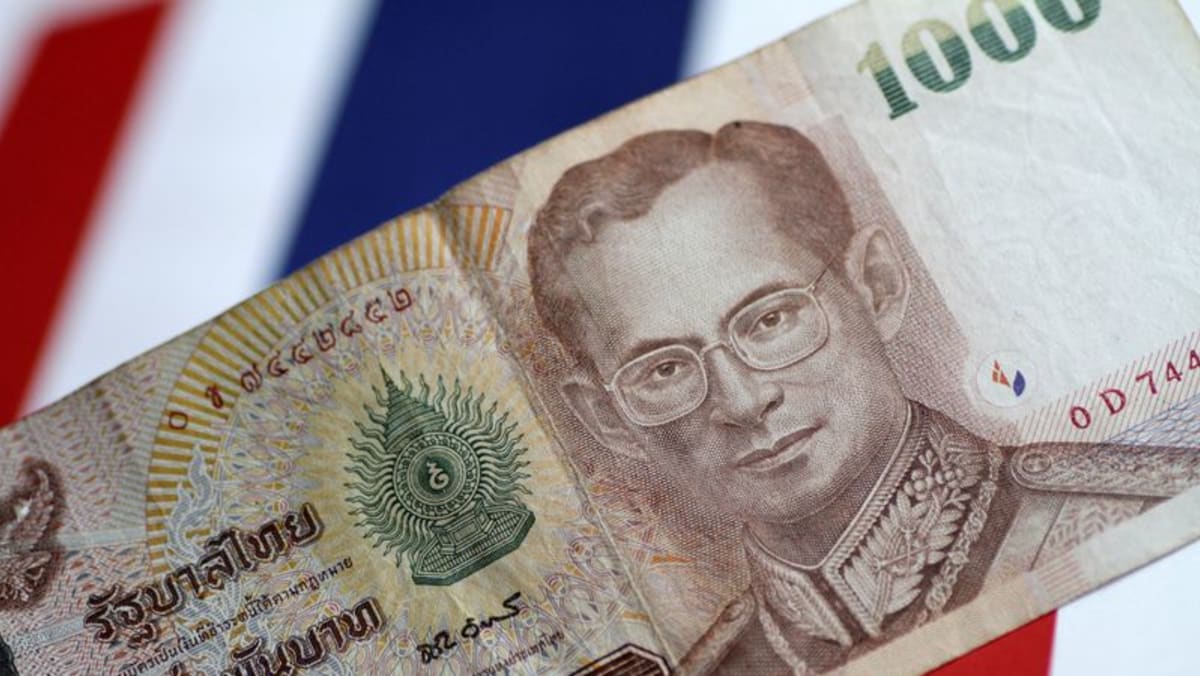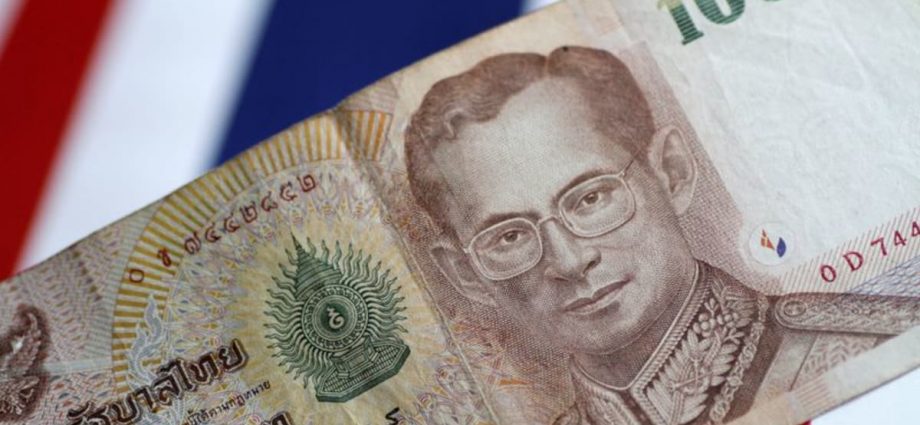
To benefit from incoming investment and avoid the excesses of the 1990s, policymakers must closely monitor prices for key asset categories and try to steer investment toward competitive business sectors, such as medical tourism. There should be upgrades in broadly beneficial infrastructure, such as for schools, hospitals, rails, ports, sanitation and farm irrigation.
Most of all, Thailand needs a national government that can rise above Bangkok’s partisan feuds and stay pragmatically focused on implementing whatever policies will make more businesses grow and most household living standards rise. Authorities’ recent commitments to ventures that lack clear or sustainable markets within Thailand – like in marijuana or electric vehicles – look less pragmatic to this observer.
Recent enthusiasm for the baht has a few good rationales. Since 2000, Thailand has avoided financial crises, attracted foreign investments, and greatly expanded access to primary education. By the standards of many emerging economies, property rights in Thailand are stable and secure, and government data are reasonably comprehensive and reliable.
By building upon these advantages and further opening the economy to foreign participation, Thailand would be well-placed to gain from growing interest by global investors.
But one should also ask why, despite these advantages, Thailand has remained “emerging” for decades. There are manifold reasons: High debt, widespread inequality, worsening demographics, capital outflows to neighbouring countries, and most of all, unstable and ineffectual governance. Unfortunately, an appealing baht alone cannot overcome such difficulties.
Richard Yarrow is a Fellow at the Mossavar-Rahmani Center for Business and Government at Harvard Kennedy School and a Visiting Fellow at the East Asian Bureau of Economic Research at the Australian National University. This commentary first appeared on ISEAS-Yusof Ishak Institute’s blog, Fulcrum.

